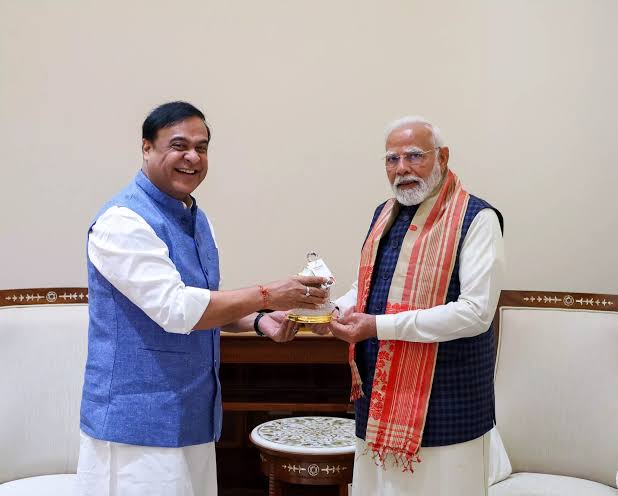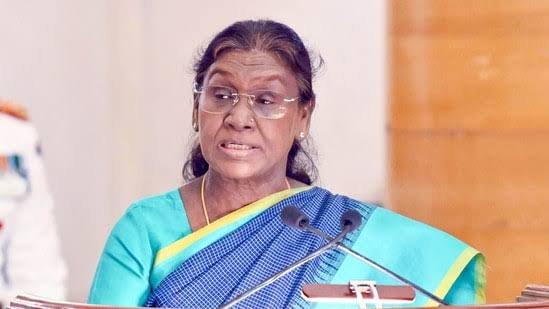At the 10th Convocation of IIT Jodhpur, the Vice-President underscored the importance of accessible language in learning sciences, medicine, and technology, stating that foreign languages should not be an insurmountable barrier. He urged students to break away from traditional educational constraints by embracing a blend of “gyaan” (knowledge) and “vigyan” (science), highlighting how the New Education Policy (NEP) allows for non-traditional course combinations. This, he noted, will nurture well-rounded problem solvers who think beyond conventional boundaries.
 As Chief Guest, the Vice-President lauded IIT Jodhpur as India’s first institution to offer engineering courses in the mother tongue, emphasizing that some of the most advanced nations teach in their native languages. “Countries like Japan, Germany, and China don’t rely on foreign languages to lead in technology,” he noted. “Historically, great thinkers like Baudhayana and Pythagoras developed groundbreaking ideas in their own languages.”
As Chief Guest, the Vice-President lauded IIT Jodhpur as India’s first institution to offer engineering courses in the mother tongue, emphasizing that some of the most advanced nations teach in their native languages. “Countries like Japan, Germany, and China don’t rely on foreign languages to lead in technology,” he noted. “Historically, great thinkers like Baudhayana and Pythagoras developed groundbreaking ideas in their own languages.”
Addressing India’s economic growth goals, he emphasized collective effort to overcome the middle-income trap and reach developed-nation status by 2047, which would require an eightfold increase in per capita income and high-value job creation.
Reflecting on India’s digital revolution, the Vice-President cited the country’s leadership in technological transformation through UPI, which has made India a model for digital adaptation worldwide, with 466 million digital transactions daily. He acknowledged the rising startup ecosystem, encouraging the creation of more “Indicorns”—startups with Bharatiya roots and global reach. He highlighted that the startup culture is now nationwide, with over 300 startups in Jodhpur alone, some being incubated at IIT Jodhpur.
He urged IITs to develop distinct global specializations, encouraging each institution to be recognized for a unique niche. Expanding on India’s space and blue economies, he praised India’s ambitious space missions like Mangalyaan, Gaganyaan, and Aditya, with a goal to expand the space economy fourfold by 2030. He also emphasized emerging sectors such as green hydrogen, with India targeting the production of 5 million metric tons by 2030, as well as the potential in marine industries like coastal tourism and marine biotechnology.
In closing, the Vice-President encouraged India’s youth to drive forward a self-reliant, prosperous nation, noting the global interest in India as a secure supply chain hub. He called on young people to reject outdated pessimism and instead harness India’s strengths, leading the nation’s growth story on the world stage.
Union Minister Shri Gajendra Singh Shekhawat, Dr. Ram Madhav, President of India Foundation, Shri A.S. Kiran Kumar, Chairman of IIT Jodhpur’s Board of Governors, and IIT Jodhpur Director Prof. Avinash Kumar Agarwal were among those present at the event.




